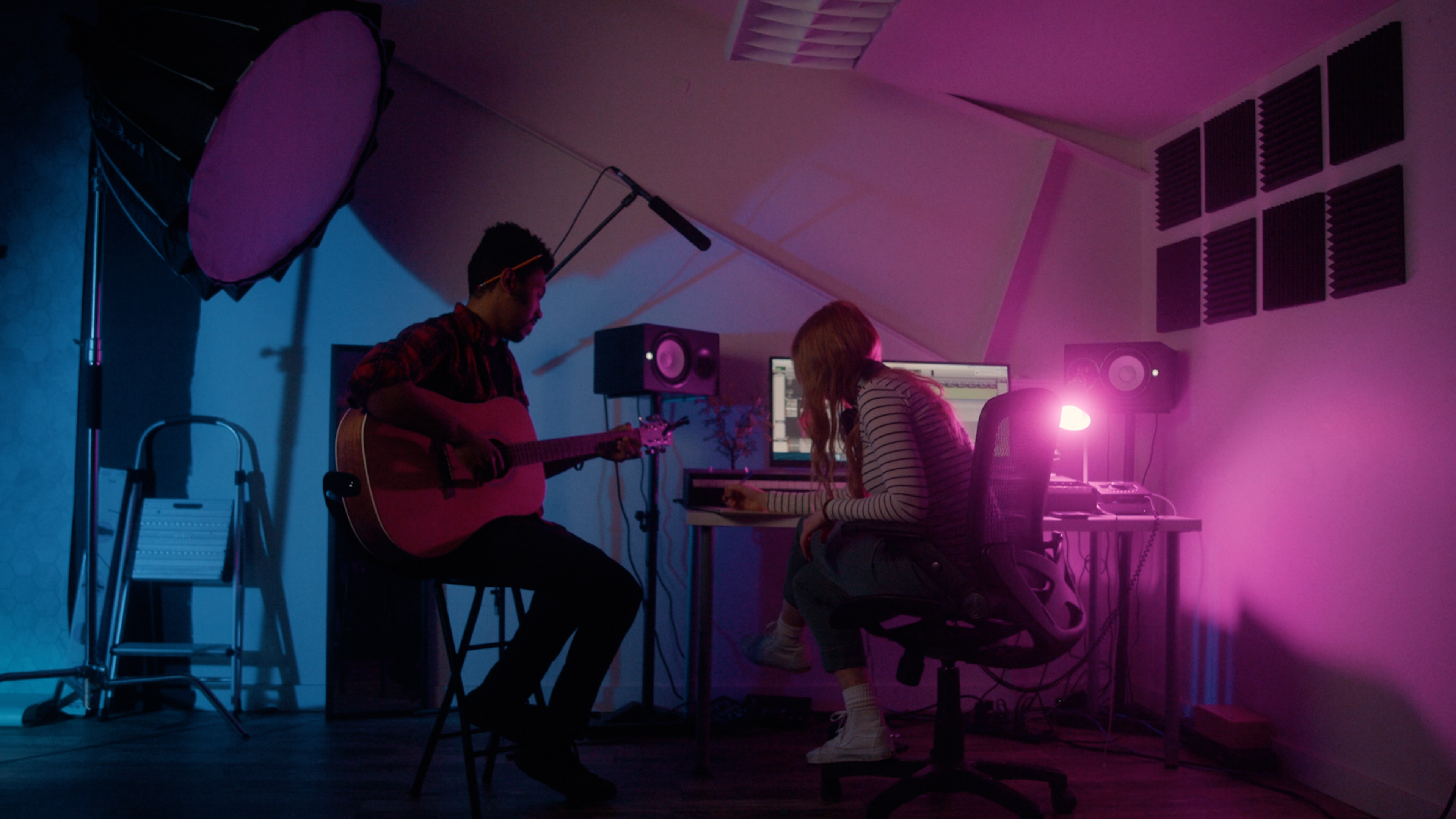
4 Things To Know When Hiring A Composer
I’ve had the unique dual experience of being both a filmmaker and composer. And I’ve used this knowledge to develop these tips.
Continue ReadingBy Kevin Graham
Also referred to as library music, production music, needledrop, or royalty-free music (more on that last one later), stock music is any music that is created with the sole intention of being used in visual mediums such as film, TV, games, presentations, and most frequently, online video.

Why Use Stock Music?
Music and visuals have gone hand-in-hand since the invention of the motion picture. If you’re creating content, whether it’s for a personal passion project or a large corporate client, chances are you’ll want to include music in your edit. We’ll get into this more at a different time, but music has just simply become an essential tool for the modern filmmaker to get their message across to viewers.
When’s the last time you saw a commercial, YouTube video, or feature film that didn’t have music?
Fortunately, stock music is affordable and simple for content creators to access. Much more so than, for example, popular music released by large record labels. Licensing that hit song you heard on the radio is going to likely be very complicated, have tons of usage restrictions, and cost more than the entire budget of most small or medium productions. Unless you’re a large brand like Nike or Apple, commercially-released music is just simply not going to be a realistic part of your project.
Hiring an artist or a composer to create a custom score is another option, but again, this will generally require more money and time. And these are resources that many content creators just simply don’t have at their disposal.
Another reason to use stock music is the fact that, because it’s created with visual applications in mind, the music itself is generally going to be extremely useful and relevant to your content. Whether you need a driving electronic piece to propel a highlight reel forward, or a subtle soundscape to accompany an emotional interview, you can find pretty much everything you need on most major stock music platforms, such as Filmpac. Our search filters such as mood, energy, genre, and even instrument make it easy for you to find that perfect track.

Royalty-Free vs. Rights-Managed
One of the most common, yet confusing, terms associated with stock music is the term Royalty-Free.
You’ve probably seen this on just about every place you’ve purchased stock music, so we want to set the record straight: royalty-free does not mean free to use, nor does it mean that the composer or artist will never receive performance royalties. It simply means that once you’ve legally licensed and downloaded the track for your project, whether through a membership or as a single-use purchase, you can rest assured that you will never have to pay more money to use that track in that project (some platforms, like Filmpac, allow you to use a licensed track in any future projects as well).
In other words, you still have to pay to use the music, but once you do, it’s free and clear. In some instances, the artist may still receive backend royalties from sources such as radio stations, TV stations, streaming services, and movie theaters, but these have nothing to do with you and you don’t have to worry about them.
A less-popular model of stock music licensing, one that tends to exist on some of the higher-priced libraries, is Rights-Managed.
This means that the terms of your license to use the music, including the size of the end-client, method of distribution, and length of distribution, is negotiated beforehand and you are limited to that usage (and that usage only) with the music. For example, if you’re creating a commercial for a client that will air on local TV for 4 months, you would provide that information to the library, and they will give you a custom license for a custom fee. However, if your client ends up wanting to run that commercial beyond 4 months, or decides to run the spot regionally instead of locally, you would need to then go back to the library and negotiate a new license with additional fees.
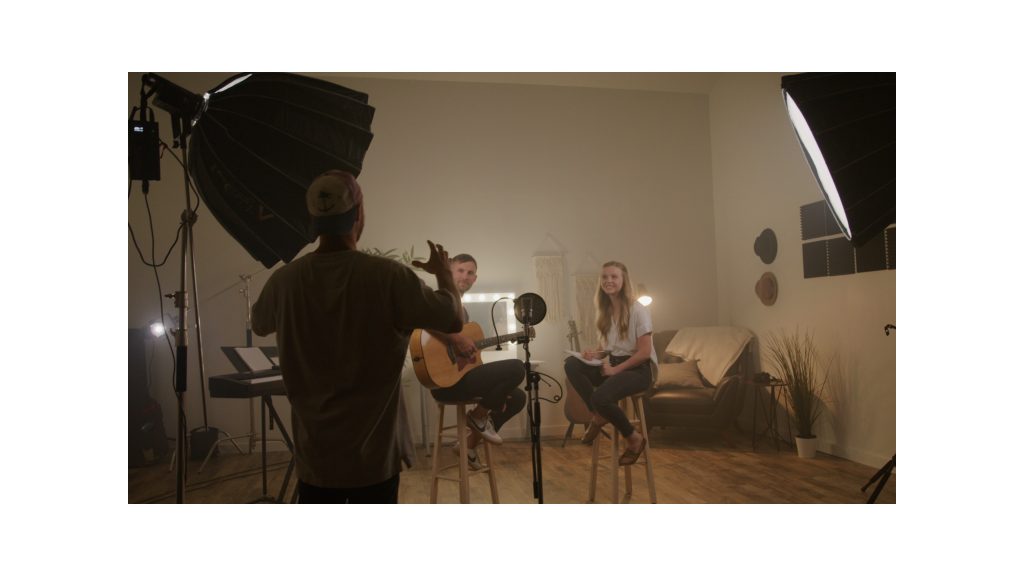
Stock Music’s Re-Invention
One last thing about stock music: these days, it’s pretty darn good.
For years, it seemed like the only stock music that didn’t cost a fortune was cheesy, cliche, and sometimes just downright cringy. It seemed that every corporate video and small-budget commercial had the same, tired music playing in the background. Now, there is a time and a place for that (ukulele players rejoice), but it’s generally becoming an outdated vibe that the modern content creator tends to avoid.

Fortunately, the last decade has seen a massive shift in the way stock music is produced and consumed. The widespread growth and availability of royalty-free membership models for stock music, such as the one offered by Filmpac, has made it so the average content creator has access to a nearly unlimited supply of high-quality stock music for their projects.
Whether it’s an epic, cinematic score for a travel video, a smooth pop groove for a product review, or an acoustic soundscape for a wedding film, high-quality stock music has never been so affordable and accessible. Let us know in the comments how, when, and why you use stock music in your projects!

Kevin is the Music Director and Lead Composer at Filmpac.

I’ve had the unique dual experience of being both a filmmaker and composer. And I’ve used this knowledge to develop these tips.
Continue Reading
There are basically two ways to get that music: either hiring a composer, or licensing pre-existing music from a stock website.
Continue Reading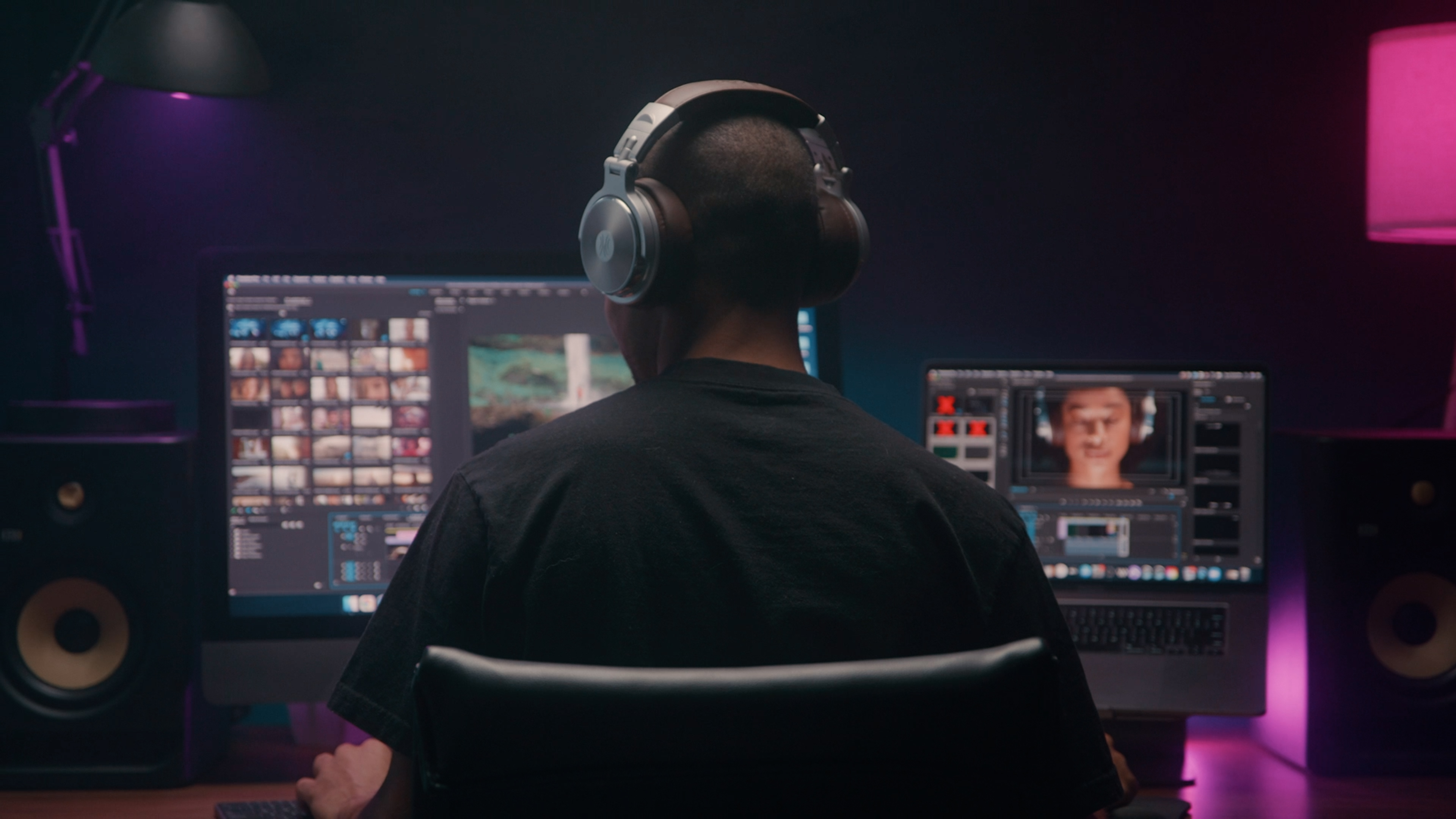
An audio limiter is a great tool to help you control your video’s loudness. We explain when and how to use one here.
Continue Reading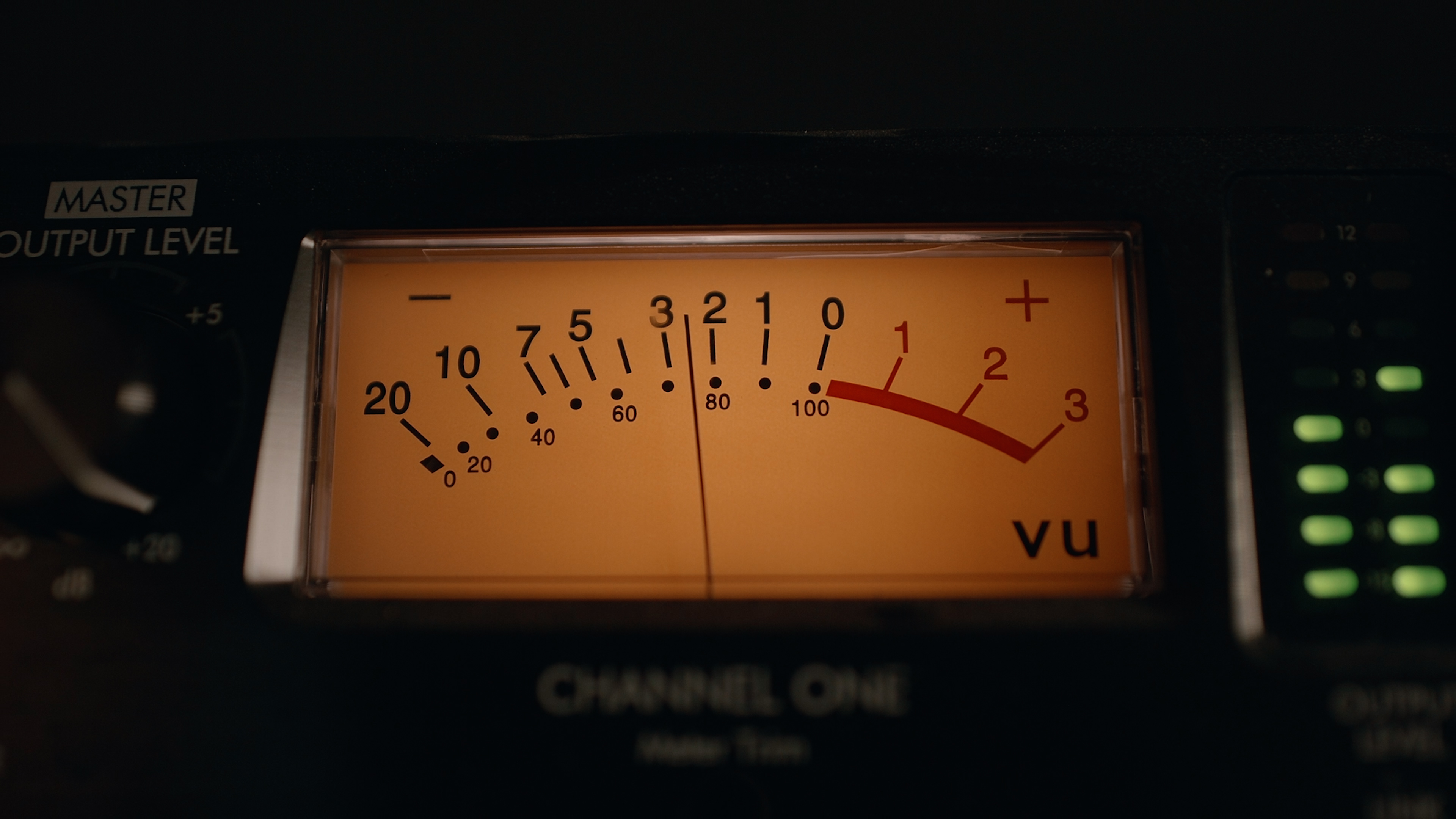
One of the most useful audio effects in video post production is compression. This article explains what it is and when to use it.
Continue Reading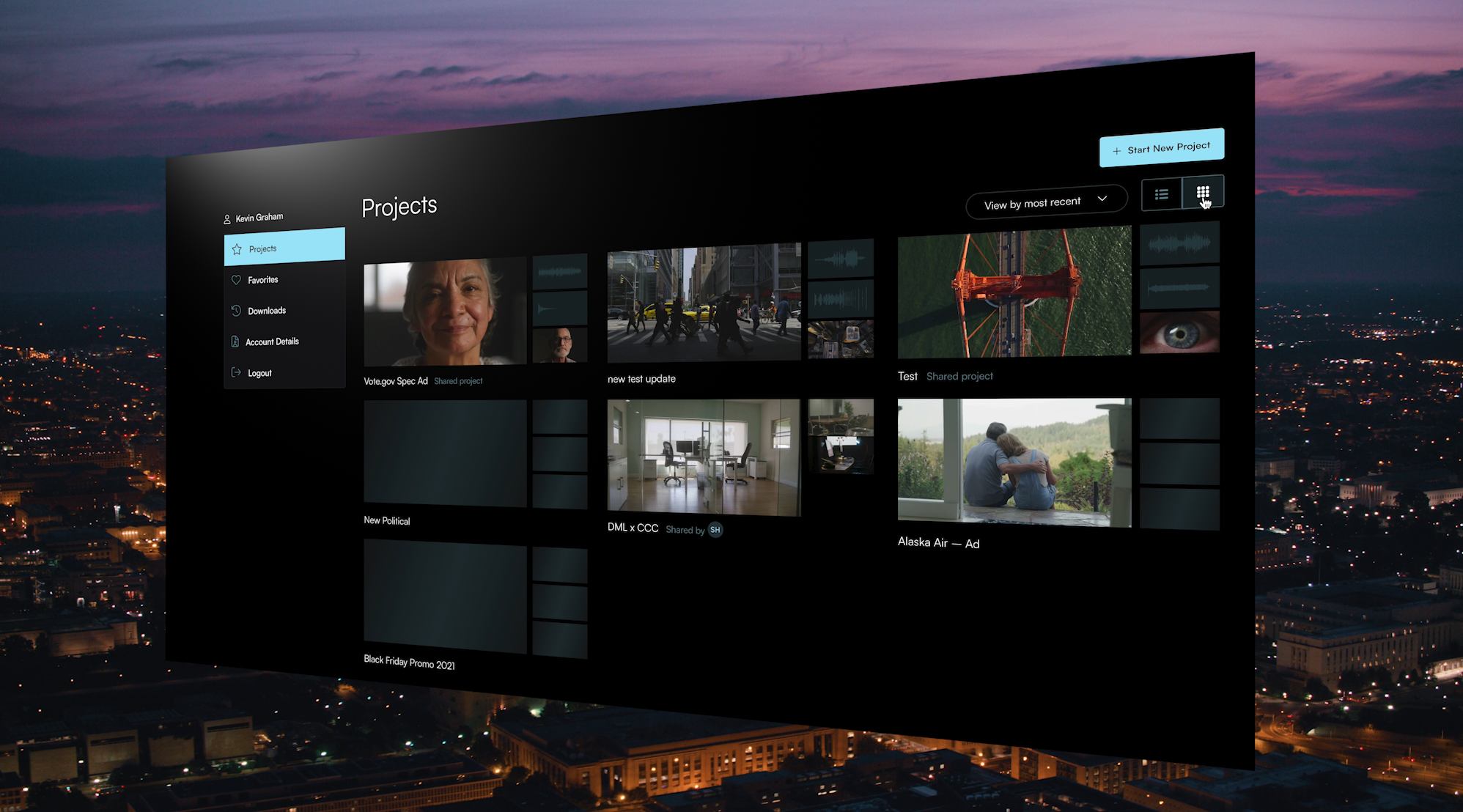
Filmpac’s newly-designed Project Feature is a powerful tool for collaborative video editing. Here’s a quick rundown of how it works.
Continue Reading

One of the most difficult parts of being a professional filmmaker is effectively managing and budgeting your time.
Continue Reading
Want to make money selling footage through a major stock footage platform like Filmpac? This page will walk you through the processs.
Continue Reading